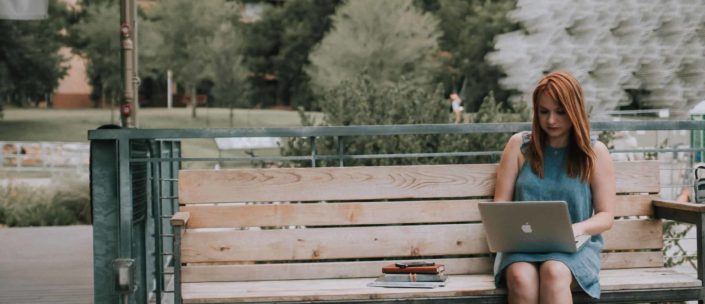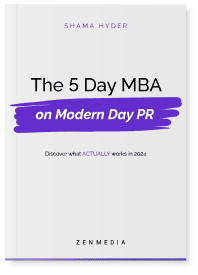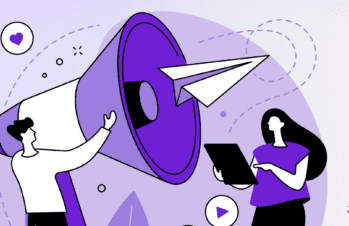The Digital Age is upon us. What was once futuristic and seemingly fantastic predictions of a “wired” society have come to pass. With the exponentially proliferating internet of things, we’ve gone from smartphones to smart homes and are in the midst of a movement toward smart cities, all inside a decade. In short, digital has come to dominate.
Or has it?
In a strange twist of futuristic fate, as we technologically accelerate at connection speeds in excess of 100 gigabytes per second, rather than real-world places taking “back seat” to digital spaces, they are assuming an unprecedented importance.
The resurgence of the role of the built environment and of nature into our design consciousness makes a lot of sense. Most of us have been “wired” (or wireless) for at least a decade, noses in our tablets and fingers on our touchscreens for multiple hours every day. This phenomenon has been met with vocal concern by social scientists, psychologists, naturalists, and even policymakers, warning of the potential dangers of the digitalized society: the diminishment of face-to-face personal connection, disinterest in the physical world and neglect of the community commons, and alienation from (and therefore degradation to) nature.
But a self-corrective shift is occurring. As the famous line goes, Life finds a way.
Albert Einstein said a problem couldn’t be solved on the same level it was created, and that each new age of human progress functions as a solution to the problems posed by the age preceding it. (For example, the problems posed by the Hunting-Gathering Age of human progress were solved by the Agrarian Age; the problems posed by the Agrarian Age were solved by the Industrial Age; the problems posed by the Industrial Age are being solved by the Digital Age.)
And the problems posed by the Digital Age? They’re being solved by a shift from disembodied digital domains to human connection-promoting, experience-evoking, and creativity-unleashing built environments. These environments, which are sensorially rich and deeply meaningful places, are specifically designed to recontextualize the role of technology as a valuable servant rather than an all-consuming master, and to engage those within them as fully embodied, active participants rather than passive, virtual “users.”
Take Microsoft’s construction of two soaring tree houses (complete with co-working space, a cafeteria, and open-air lounging perches) on their Redmond campus. (In case you missed it, we’re talking about Microsoft: the “techiest” of the techies.) Designed and erected in response to employees’ wishes to work outside, the treehouses are outfitted with high-speed internet and require digitally authorized access. This “hybridization” of the “virtual” and “neo-concrete” exemplifies the revolutionary shift from digitally dominated spaces (that can often feel interpersonally impoverished and quite literally “unnatural”), to experiential, interactive, and often naturalistic places (that facilitate human connection, impart inspiration, and foster well-being of body, mind and soul).
At Zen Media, we’re leading the revolution in the solutions to the problems posed by the Digital Age. Located at the crossroads of architecture, interior design, digital analytics, and marketing, we transform disembodied and digitally dominated spaces into artful, humanly connective, nature-inspired, digitally optimized places. Through the creative alchemy of a multidisciplinary, co-creative collaboration with your organization and brand, we express the power and unleash the creativity of the coming Experience Age.







